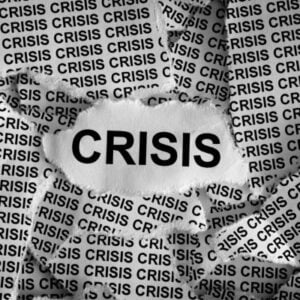New guidelines for international NGOs operating in Palestine are threatening to further fracture humanitarian efforts in Gaza and the West Bank, aid workers say, by pressuring organisations to comply with Israeli rules or face de-registration. Aid workers report that those unwilling to adhere to these rules are increasingly frozen out, heightening fears for staff safety and undermining impartial humanitarian response. Full enforcement of the rules is set for 9 September, coinciding with concerns over secret meetings between UN agencies and the US- and Israeli-backed Gaza Humanitarian Foundation, which critics say aligns aid delivery with Israeli military objectives.
Since October 2023, Israel has used visa approvals, legal restrictions, and administrative measures to pressure NGOs, including refusing to renew visas for outspoken UN officials and targeting UNRWA. The new guidelines require NGOs to provide personal details of employees and prohibit hiring anyone who has supported boycotts of Israel or “delegitimisation campaigns,” measures that many aid workers say put staff at unacceptable risk. Organizations that fail to comply could be blocked from sending aid, losing funding, or having staff prevented from entering Gaza, which would severely disrupt essential services such as food distribution, medical care, and education.
Aid workers warn that the guidelines aim to reduce civil society to a limited role in aid distribution, discouraging advocacy, independent reporting, and human rights work. The rules could also extend to the West Bank and East Jerusalem, potentially forcing NGOs to close schools and legal aid services. If the traditional humanitarian system collapses or is co-opted, aid workers fear the void will be filled by militarized groups like the Gaza Humanitarian Foundation, which operate under state influence rather than humanitarian principles.
The opaque enforcement and arbitrary nature of the registration process is fostering mistrust and fear among NGOs, creating divisions within the sector. Aid workers emphasize that these tactics—ranging from selective enforcement to the threat of de-registration—serve to intimidate organizations, restrict advocacy, and fragment the humanitarian community, ultimately undermining the ability to save lives amid ongoing conflict, displacement, and famine in Gaza and the West Bank.






